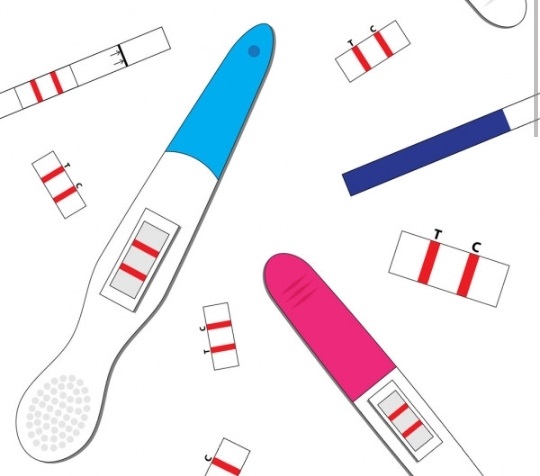Ready to get pregnant? Gearing up for baby-making?
When trying to conceive, It can help to understand the process of conception, what factors can affect your fertility and what you can do to increase your chances.
This can be a very anxious and exciting time, but it can also be upsetting if it doesn’t happen as quickly as you expected.
Bear in mind that chances of conceiving can be affected by different things which would determine how long it would take to get pregnant.
While some couples will have it easy and get pregnant within the first month, some might not necessarily do. But don’t worry. It doesn’t usually mean there’s something to worry about or there is anything necessarily wrong with either you or your partner.
Experts say only a third of healthy couples will get pregnant in the first month. About 80% of couples will get pregnant within a year if they have regular sex without contraception. Also note that women become less fertile as they get older.
As many as one in two couples may be trying to conceive at the wrong time . Because you can only conceive on the days before and the day of ovulation, it is important to “do the do” during this time.
As such, your chances of getting pregnant depend on some factors:
Which factors affect how long it takes to get pregnant?
The amount of time it takes to conceive varies but much of it will be down to luck really.
However, there are a few factors that are worth taking into account to boost your chances:
Age
A woman’s age is the most important factor affecting her chances of getting pregnant, as it is generally believed that a woman’s fertile times reduces as she approaches 30 , with a 65% chance of getting pregnant within a year in her late 30’s. Also, It is worth noting that the most fertile time of a woman’s life is in her early 20s.
Quality of eggs decline as you grow older, with periods not as regular, making it difficult to track ovulation- the key to getting pregnant successfully.
However, it may still be possible for many women to get pregnant with better health and diet control.
But, if you’re aged 35 or under and haven’t conceived within a year and over 35,and haven’t conceived after six months of active trying, it’s worth going to have a chat with your Gynaecologist, so that timely intervention can help take care of any fertility issues.
How regularly you have sex
This is another major factor to consider as having sex regularly has to be checked off your “trying to conceive” checklist.
It is advised to do this every two to three days throughout the month, especially around the time you are ovulating.
You can work out your fertile times and probable ovulation dates with an ovulation calculator. If you are not aware of when you are ovulating because of irregular periods, having sex every other day within a month should work out as long as there are no other issues,
N:B Its not advisable to have sex everyday as doing this can kill the fun of it and lower sperm quality
General health and lifestyle
This is a factor that you can tweak to your advantage a bit as you have control over this. It is very essential for you and your partner to be in good health when trying to conceive.
A very bad diet , being overweight or underweight, drinking and smoking can impact your fertility. You should both give up smoking and heavy drinking while trying to conceive.
(Make sure you ditch alcohol during the ‘two-week wait’ when there’s a chance they could be pregnant.) and get to the ideal body weight for your height to ensure your baby the best possible start in life.
Make sure you eat very healthy and increase your workout routine to increase your chances.
Your partner should avoid having overheated testicles as this can cause make for slower sperm production. Read more on our article on Preconceptual Health.
Sexual health
This could be another reason why some couples, aren’t able to get pregnant as quickly, regardless of age.
These problems could include anything from thyroid issues, Vitamin D deficiency, endometriosis, PCOS, Ovarian failure or low sperm count.
If you’re over 35 and haven’t conceived within 6 months – 1 year of trying, or you suspect there may be a problem due to other symptoms, have a chat with your doctor. Once diagnosed, many fertility problems can be addressed.



